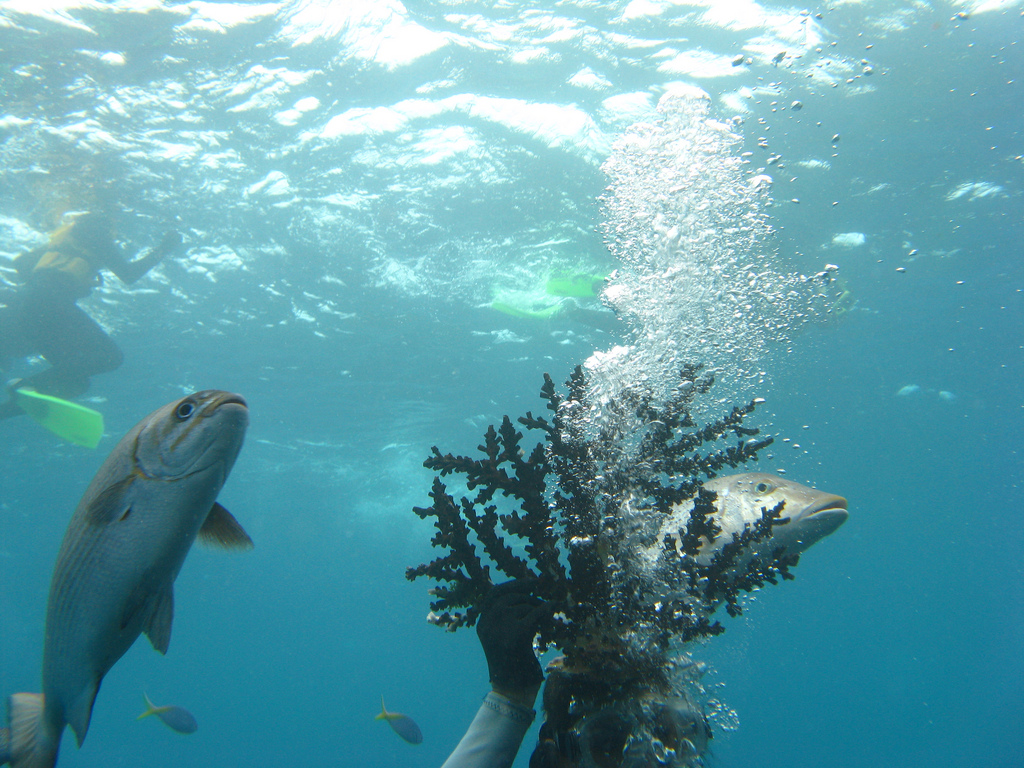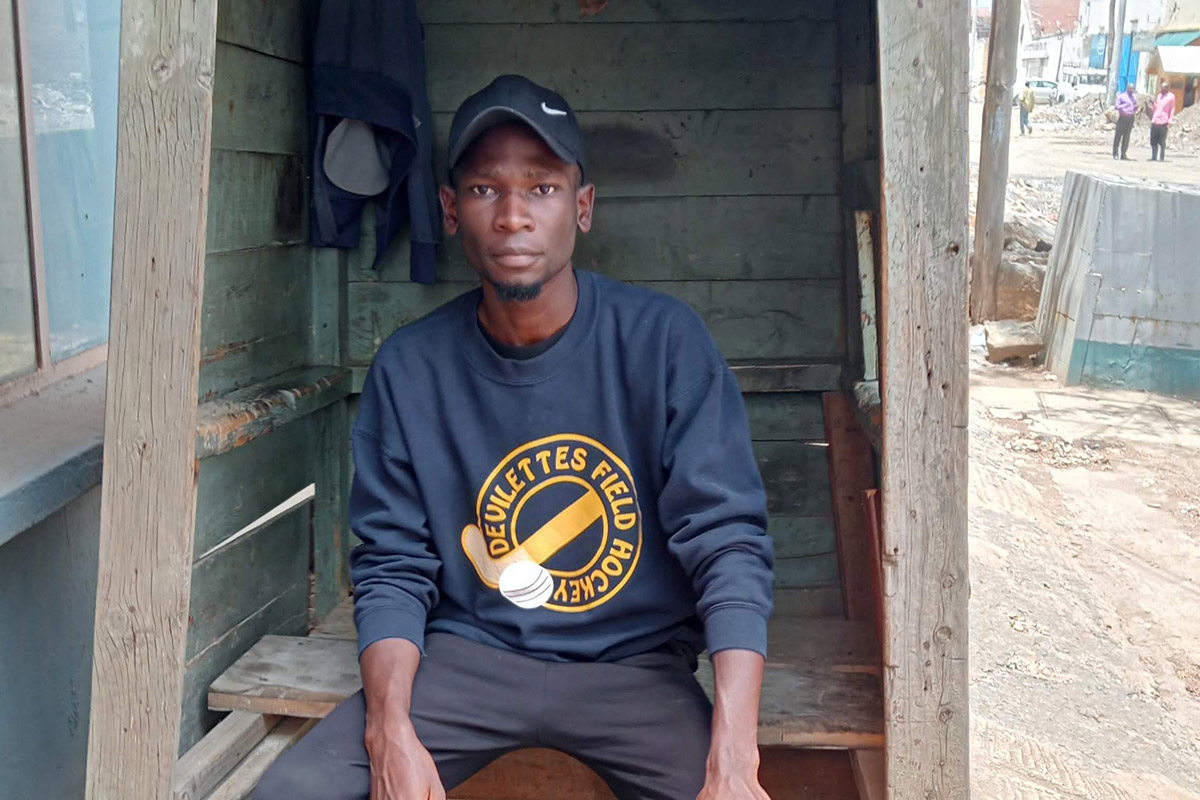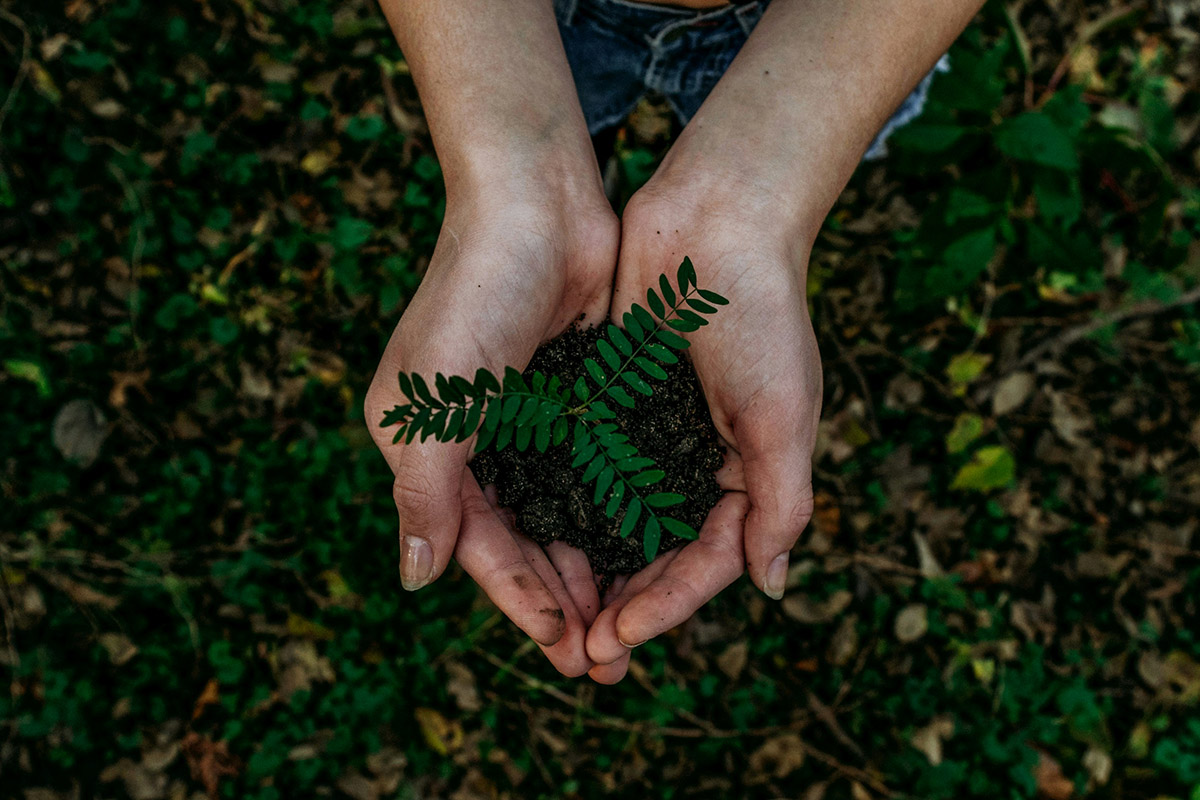"SIDS youth need a voice on oceans’ sustainability”
May 13 Oceans are vital to the environment and economy of Small Island Developing States, writes Angelique Pouponneau, 25, a Correspondent from Victoria in the Seychelles, who says oceans need their own Sustainable Development Goals.
Oceans are vital to the environment and economy of Small Island Developing States, writes Angelique Pouponneau, 25, a Correspondent from Victoria in the Seychelles, who says oceans need their own Sustainable Development Goals.
With 75 per cent of the Earth’s surface covered in water, the oceans should be given their own place in the post 2015 Sustainable Development Goals.
Small island developing States (SIDS) are particularly close to the oceans, as we live on small masses of land surrounded by oceans. The Seychelles, for example, has an Exclusive Economic Zone EEZ the size of France, but the nation is made up of 99 per cent oceans whilst its landmass is only one per cent of the total area.
Whilst SIDS are typically characterised as having limited resources, the potential harboured in our oceans negates the statement. However, it must not be seen as an infinite resource which we can exploit carelessly. We demand that it is developed in a sustainable manner. The Seychelles has embarked on what has been termed the ‘blue economy’, where both the oceans and the land will be developed sustainably. We must use the resources in a way that does not compromise the needs of the future generations.
As an islander, the use of our oceans is most important to us. This is especially true for young people, as our oceans provide our main source of food, fish. Sustainable fishing practices must be used by all, including the small artisan fishermen and the large fishing vessels. If over-fishing is not prevented we may find that the main source of food for islanders and the main commodity for export begins to disappear.
The depletion of fish stocks is a constant threat to food security. With the global human population expected to exceed nine billion in 2050, food and water security will be the crux to ensuring peace and resolution of conflicts in the world. Therefore our oceans must be safeguarded so that their ability to produce our food is not compromised.
Oceans are not excluded from the effects of the increase in global carbon dioxide emissions. They are constantly absorbing about 25 per cent of carbon dioxide emissions, which is causing ocean acidification. Ocean acidification in turn is affecting coral reefs, which protect the coastlines from rising sea levels. For the Seychelles, where 85 per cent of settlement – including residential and tourist establishments and infrastructure – is located along the coast, this could mean the loss of life as we know it. Unless global efforts are placed into reducing carbon dioxide and emissions, we will find that the ecosystem and human lives are threatened to near extinction.
Marine conservation and the prevention of marine pollution are means to using resources without using them up. More areas can be dedicated as marine parks and protected by law from development. In the Seychelles, the policy is one of keeping 50 per cent of our land as nature reserves. It is a policy which should apply equally to our oceans. The elimination of marine pollution is very important to SIDS, especially because oil spills could affect the tourism industry and destroy the main pillar of the economy. There are regulatory gaps in the prevention of marine pollution which need to be addressed to ensure that our oceans are conserved.
Young people will automatically inherit the decisions made in the post-2015 agenda and it is paramount that they have a role to play in setting the goals that they will have to drive to achievement in 2030. SIDS Youth feel that we are the canaries in the coal mines. We will be the first to face the effects of climate change. Adverse effects on the oceans will be felt by us first. This is unfortunate, especially as SIDS youth have had a negligible role in creating this result. Making the ocean a stand-alone goal will focus the world on achieving targets to obtaining a healthy, resilient and sustainable ocean.
How important is the ocean to you? Should it be a stand-alone goal in the SDGs?
photo credit: Great Barrier Reef via photopin (license)
…………………………………………………………………………………………………………………
About me: I am a barrister, advocating in all the Tribunals and Courts in the Seychelles. I am interested in sustainable development, the rule of law and international affairs.
I also support inclusive education systems so I volunteer at the School of the Hearing Impaired to teach English and Math. I would like to continue using education and the creation of opportunities for the advancement of young people, ensuring their voices are heard at national and international levels.
…………………………………………………………………………………………………………………
Opinions expressed in this article are those of the author and do not necessarily represent the views of the Commonwealth Youth Programme. Articles are published in a spirit of dialogue, respect and understanding. If you disagree, why not submit a response?
To learn more about becoming a Commonwealth Correspondent please visit: http://www.yourcommonwealth.org/submit-articles/commonwealthcorrespondents/
…………………………………………………………………………………………………………………




